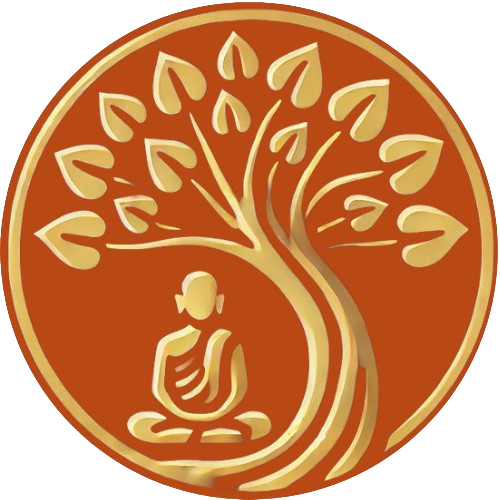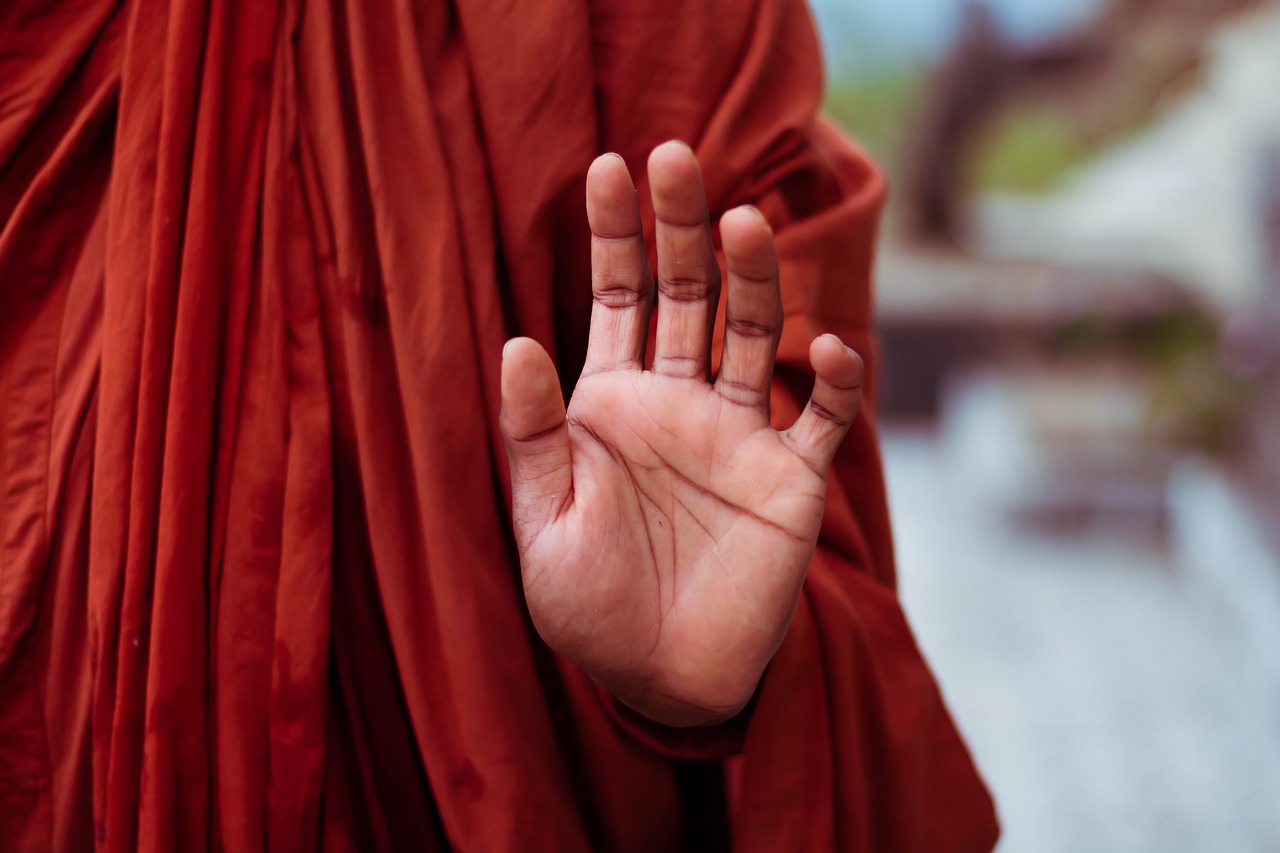The Four Noble Truths: The Fundamental Framework of Life

The Buddha’s teaching is not a philosophy, a belief system, or a set of rituals—it is a direct, clear, and practical understanding of life itself. At the heart of this teaching are the Four Noble Truths, a framework that explains the reality of human experience and offers a way to transcend sufering.These truths are not abstract ideas; they describe what we all go through in life. Whether we are aware of it or not, we live within the reality of these truths every day.
The Truth of Suffering (Dukkha): The UnavoidableReality of Life
No matter who we are, how much we achieve, or how carefully we plan, life brings dificulties. We experience pain, loss, frustration, aging, sickness, and eventually death. Even when things are pleasant, there is an underlying tension—because we know they will change.
Sufering (dukkha) does not mean that life is only misery. Rather, it means that everything conditioned is unreliable, imperfect, and incapable of providing lasting satisfaction. We can see this in our daily lives:
- We work hard to achieve our dreams, yet even when we succeed, the happiness doesn’t last.
- Relationships bring joy, but also conflict, misunderstandings, and eventually separation.
- We attach our happiness to material things, but possessions break, get lost, or become outdated.
- Even our own body, which we rely on so much, is constantly changing, aging, and moving toward decay.
There is always a subtle feeling that something is missing, that no matter how much we arrange life to our liking, true fulfillment remains just out of reach. This is dukkha—the first reality we must recognize if we want to be free from it.
The Cause of Suffering (Samudaya): Why We Struggleand Feel Unfullfilled
If we examine closely, we see that sufering does not come from external events alone, but from how we relate to them. The Buddha identified the root cause of sufering as craving (tanha)—a deep, habitual tendency to grasp at what we like and push away what we don’t like.
We can observe this in our own minds:
- We crave pleasure, security, and recognition, and when we don’t get them, we feel disappointed.
- We cling to loved ones, yet relationships are always changing. When things don’t go the way we expect, we sufer.
- We resist dificulties—whether it’s a simple discomfort or a major life challenge—but suffering increases when we refuse to accept reality as it is.
Craving is endless. The more we satisfy it, the more it grows. A moment of happiness is followed by the fear of losing it. A new desire always replaces the one before. We suffer because we demand from life what it cannot give—permanence, control, and lasting pleasure.
The End of Suffering (Nirodha): The Possibility of TrueFreedom
The good news is that sufering is not an unavoidable fate—it has an end. When we no longer cling, grasp, or resist, the struggle in our hearts ceases.This state is called Nibbāna, the complete liberation from sufering.
What does this mean in daily life? It does not mean with drawing from the world or suppressing emotions. It means:
- Finding peace even in dificult situations, because you are no longer ruled by craving and resistance.
- Experiencing joy that is not dependent on external conditions.
- Being fully present, without constantly chasing or fearing the future.
- Letting go of self-centered attachments, which naturally leads to compassion and wisdom.
This is not something to believe in—it is something to experience. When we let go of craving and clinging, we taste freedom, even in small moments. Every time we accept life as it is, without attachment or aversion, we take astep toward liberation.
The Path to the End of Suffering (Magga): The Way toTrue Happiness
The Buddha did not just diagnose the problem; he also gave the cure—the Noble Eightfold Path, a way of living that gradually reduces suffering and leads to wisdom, peace, and enlightenment. This path is practical, applicable in everyday life, and designed to be walked step by step.
It consists of:
- Right View – Understanding life as it truly is, recognizing impermanence, suffering, and the causes of sufering.
- Right Intention – Cultivating thoughts of renunciation, loving-kindness, and non-harm.
- Right Speech – Speaking truthfully, kindly, and in a way that uplifts others.
- Right Action – Living ethically, avoiding harm to oneself and others.
- Right Livelihood – Earning a living in a way that aligns with integrity and compassion.
- Right Effort – Making a consistent effort to develop wholesome qualities and abandon unwholesome ones.
- Right Mindfulness – Being fully aware and present in each moment, seeing things clearly.
- Right Concentration – Developing deep meditative focus, leading to profound insight.
Walking this path is not about forcing ourselves into a strict lifestyle, but about gradually transforming our mind and actions, leading to a deep and lasting happiness that is independent of external circumstances.




